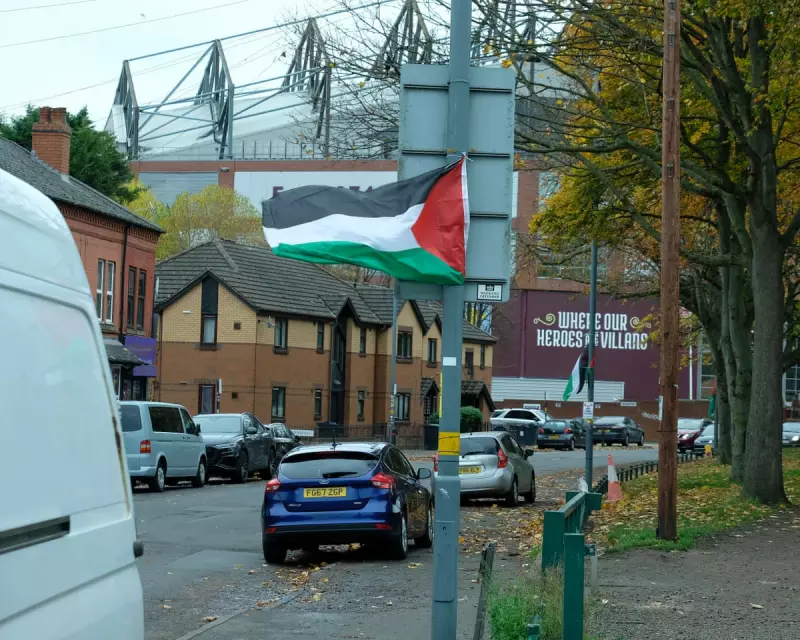
Birmingham braces for disruption as Aston Villa's upcoming Europa League encounter with Israeli side Maccabi Tel Aviv triggers widespread alarm among local residents and business operators.
The high-risk fixture, scheduled for December, has prompted West Midlands Police to request significant financial contributions from Aston Villa Football Club to cover enhanced security measures. This development has ignited fears about community safety and potential economic fallout.
Business Owners Voice Apprehensions
Local enterprises surrounding Villa Park express deep concerns about the match's impact on their operations. Many anticipate having to close their doors entirely on match day, fearing protests and security incidents could jeopardise both customer and staff safety.
"We're genuinely worried about what might unfold," shared one business proprietor who requested anonymity. "Previous matches involving Israeli teams have attracted large demonstrations, and we can't risk our employees' wellbeing."
Residential Community Anxieties
Homeowners near the stadium report mounting unease about potential crowd trouble and protest activity spilling into residential areas. The match's timing during evening hours has amplified these concerns, with many questioning whether adequate security provisions will be implemented.
Local resident Sarah Wilkinson told reporters: "We've seen what happens when tensions run high at these matches. The police do their best, but the scale of this operation feels different. There's genuine fear in our community."
Financial Burden Under Scrutiny
The policing cost negotiations between club officials and law enforcement have become a focal point of controversy. While football clubs typically contribute to matchday policing expenses, the extraordinary security requirements for this fixture have escalated these costs substantially.
Community leaders are questioning whether these financial resources might be better allocated to other pressing local needs, particularly given ongoing budget constraints affecting public services across the West Midlands region.
As match day approaches, Birmingham finds itself grappling with the complex intersection of international sporting competition, community safety, and economic stability - a challenge that extends far beyond the football pitch.





